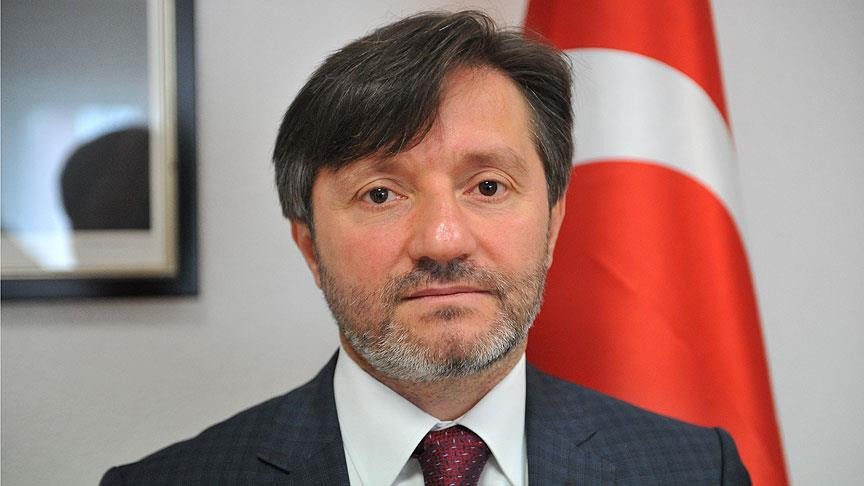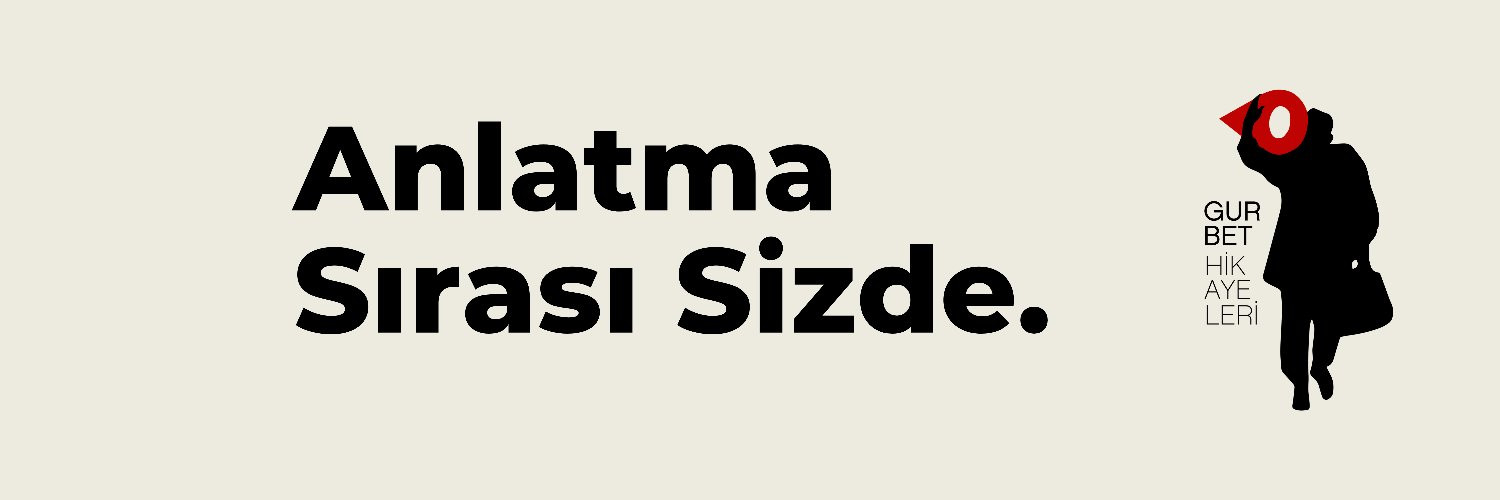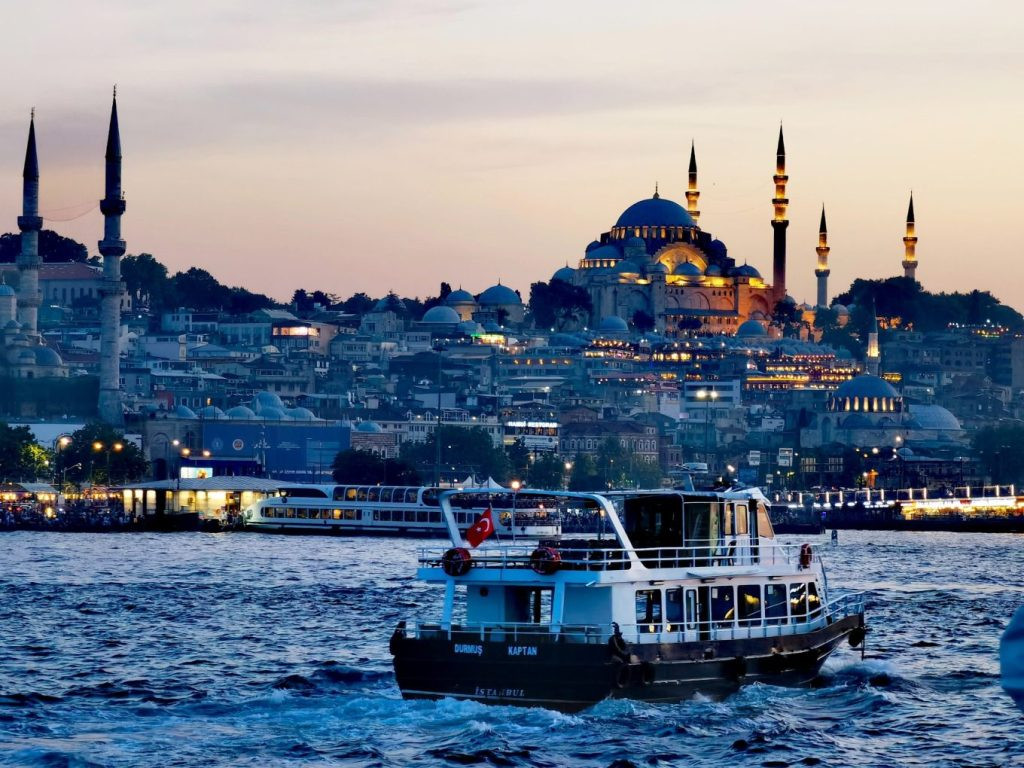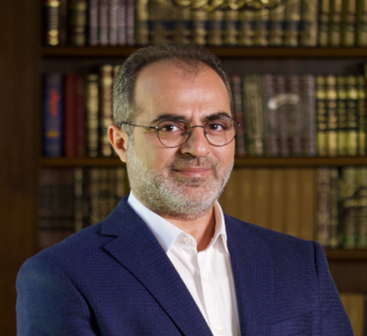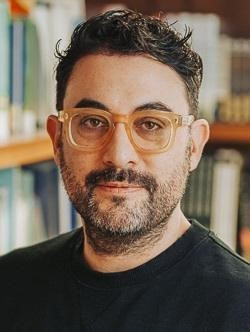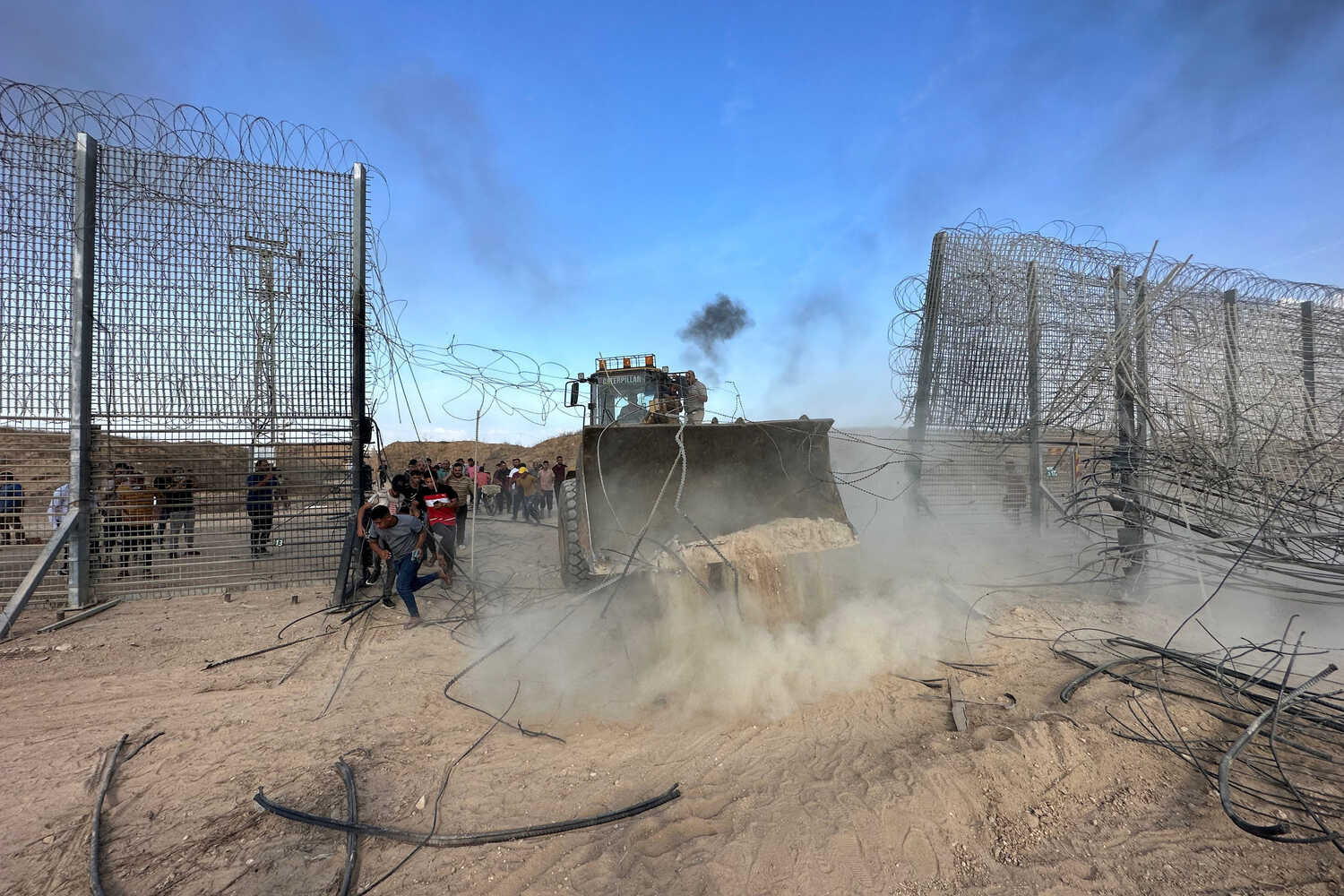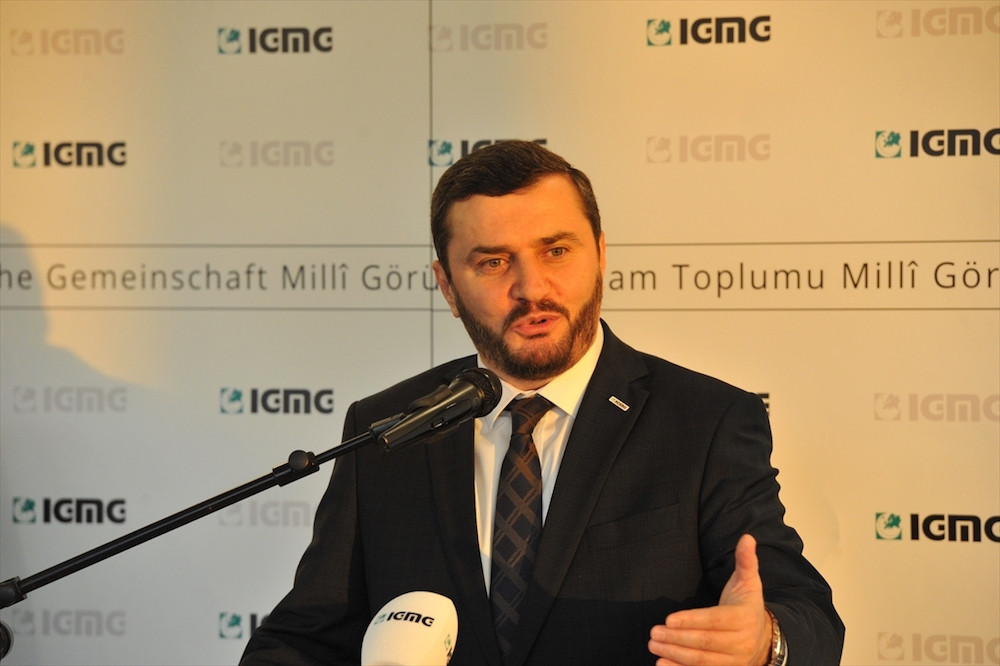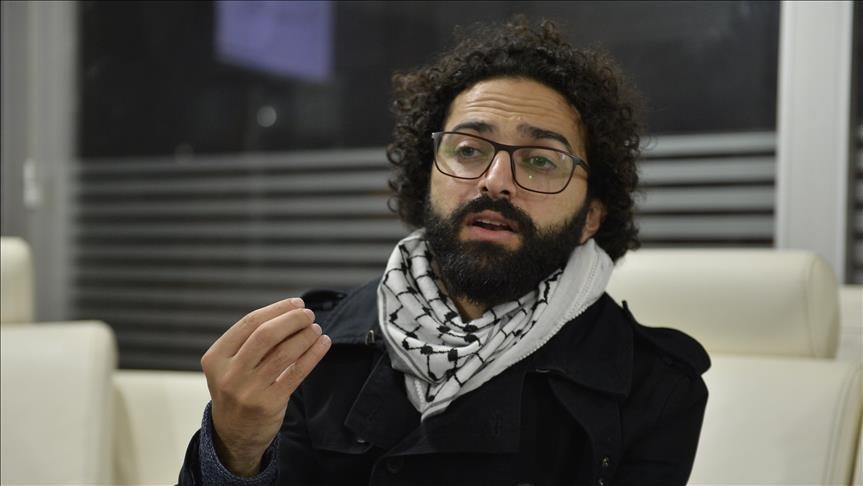
Interview with Palestinian Director Nawras Abu Saleh
We know you as the Palestinian director of notable films such as Oversized Coat and AlQeeq. But who is Nawras AbuSaleh in his own words? Could you introduce yourself briefly?
I'm a Palestinian filmmaker and want to represent my people to the world. My goal is to share their stories and show the real human side of their struggles. I know what it's like because I was born in a place under occupation, and it still affects my daily life despite my efforts to live a normal life.
As a director, the film industry has been a way for you to express the Palestinian cause. What do you think is the role of cinema in conveying socio-political issues?
In my filmmaking journey, I ensure that I speak for myself and my people, countering prevailing stereotypes perpetuated by the media. The Palestinian cause is a unique humanitarian issue, marked by seven decades of occupation. Within this history lie numerous untold stories that deserve to be shared, shedding light on our struggle. It's essential to challenge misconceptions, affirming our rightful claim to our land and rejecting the label of terrorists. We have been occupied, not the occupiers.
Through my films, I want to tell stories that help people understand us better. I want to show that we're not just numbers but regular people with dreams and a strong desire for our rights. I hope to break the stereotypes that have been around for too long and make it clear that we're not terrorists. We are the ones who have been occupied, not the other way around. By telling these stories, I hope to create empathy and contribute to the global conversation that can help bring a fair resolution to our long-standing problems.
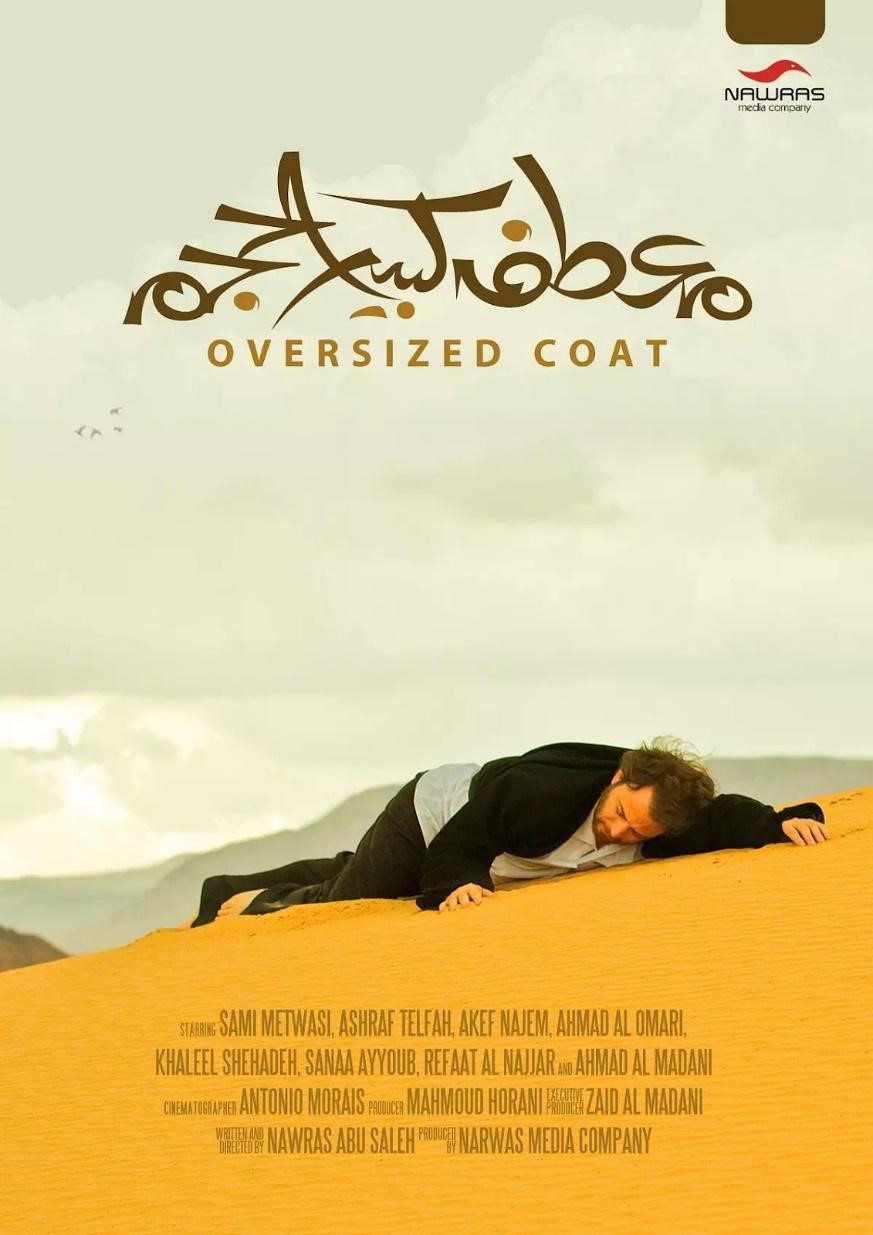
We know that the Palestinian cause is not portrayed correctly in the mainstream cinema industry. Are you of the opinion that there is a space of freedom in Muslim societies where the Palestinian cause can be presented as it is?
To Muslims, Palestine holds a special place as a central and just cause. It receives continuous support in various forms, with media advocacy being significant. Muslim communities actively utilise social media platforms to raise awareness and rally for the Palestinian cause.
However, inside Palestine, challenges such as the limited freedom of production due to the circumstances of occupation and restrictions on movement at checkpoints persist. Similarly, outside Palestine, in film festivals or on platforms, there are instances where the Palestinian narrative faces obstacles in being shared or published. This is often due to political pressure and the influence of occupation lobbies that impede the telling of the Palestinian story. Yet, despite these political obstacles that may limit freedom of expression on the Palestinian issue, the real power lies with the people. They have the ability to create a conducive atmosphere for advancing the Palestinian cause within their own countries. The passion and dedication of individuals and communities, both online and offline, contribute to a global network of support for justice in Palestine. This collective effort underscores the enduring importance of the Palestinian struggle in the hearts and minds of Muslims all around the world.
Unlike the mainstream film industry, in the movie Oversized Coat, you narrate what really happened in Palestine, and in AlQeeq, you tell the story of a man who went on a hunger strike against Israel's unjust arrests. How did the films impact the way people think about what is happening in Palestine? In your opinion, how can the field of culture and arts shed light on the issues faced by Muslim societies?
Culture and art have a unique way of bringing together people from diverse backgrounds and interests, much like yourself. People love to watch stories and learn about different cultures, embracing the experiences that movies provide. Films, in particular, act as a universal language that crosses borders, allowing individuals to dive into stories and discover new worlds. Through cinema, audiences can connect with characters, cultures, and experiences they might not have encountered otherwise, fostering understanding and appreciation for the richness of human diversity. It's the power of storytelling and creativity that unites people in their shared desire for knowledge, empathy, and cultural exploration.
Oversized Coat portrayed the Palestinian narrative in its raw, unembellished form, devoid of any superficial attempts or exaggeration. Remarkably, many Western audiences in particular, found themselves astounded, often questioning if the depicted events were indeed unfolding in Palestine. It was surprising to witness their limited awareness of the Palestinian issue, despite the consistent news coverage spanning over 70 years.
This underscores the power and significance of cinema in reaching fresh demographics and acquainting them with the Palestinian cause. It highlights how the film has the capacity to shed light on a complex issue and provide new perspectives to audiences who may have previously been uninformed or misinformed about the realities faced by Palestinians.
When you evaluate the situation of the cinema industry in Muslim societies, what would be your observations and suggestions?
As we can observe, purpose-driven production in Turkey began relatively late after a significant absence. However, it's better to start late than never, considering that there have been very few attempts by Muslims to share our narrative with the world. For instance, the film The Message was created nearly 50 years ago. Muslim productions are insufficient, with most of them being domestically focused rather than aimed at international audiences. We have a new generation of filmmakers, but they are not being effectively utilised or guided in the right direction. Therefore, I strongly believe that we should actively engage in the world of cinema without delay. If we hesitate, the void we leave will be filled by others who may tell our stories, but not in our voices. This belief is encapsulated in my well-known quote: "Our films should be made by none other than ourselves."
I propose that we prioritise guiding our younger generations towards studying cinema and producing impactful films and purpose-driven videos. We should not underestimate the significance of this sector, as it profoundly influences our daily lives, shapes our future, and moulds our perspective of the world at large.
